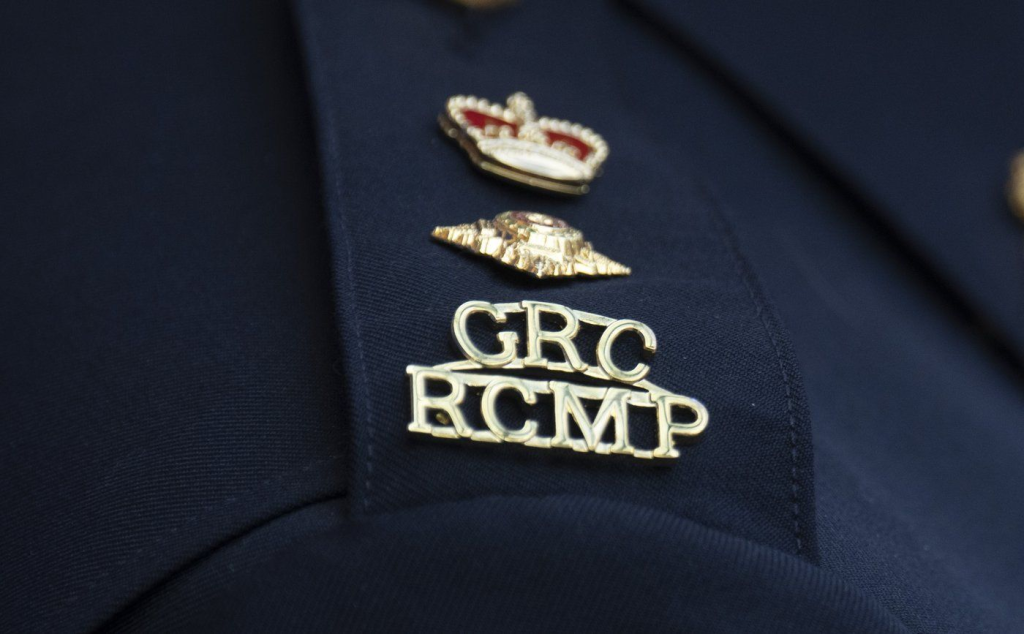Survey shows Albertans more likely to share fake news

Posted April 28, 2021 10:44 am.
Last Updated April 28, 2021 1:16 pm.
CALGARY (660 NEWS) – A new poll shows Albertans feel the least informed about COVID-19 and are more likely to share fake news.
The poll, done by the Canadian Journalism Foundation (CJF), showed that Canadians who follow the news at least once a day are more likely to get a COVID-19 vaccine as soon as it’s available compared to those who don’t consume news regularly.
The survey found 61 per cent of those polled would get the vaccine right away, compared to eight per cent who said they will not.
“Our research shows that those who say they trust media and journalists are more informed about the benefits and risks of COVID-19 vaccines than those who do not trust media and instead get information from other sources,” said President of the CJF Natalie Turvey. “In addition, this same group scored much higher on our quiz on facts about vaccines, indicating that their news literacy is high.”
Good journalism leads to better health decisions. Our new study with @Pollara shows that Canadians who follow news daily are more likely to understand vaccines — and to want one as soon as possible. Read more: https://t.co/SjbyIVeqhG#cdnmedia #journalismmatters #COVID19 pic.twitter.com/aIJHQbX96C
— CJF-FJC (@cjffjc) April 28, 2021
When it came to different regions in Canada, the CJF survey found Quebecers were more likely to trust journalists and politicians when it comes to news about COVID-19 and the vaccine while the Prairies and Alberta have the least trust in politicians and government authorities.
About 18 per cent of Albertans in the survey said they have shared false news, the highest in the country, while those from Ontario were least likely at 13 per cent.
“While there are some clear regional differences, the one trend that really jumps out to us is the importance of Canadians getting their news from credible sources and fact-checking what they see,” said President of Pollara Strategic Insights, Craig Worden. “Where and how Canadians get their information, especially about COVID-19 and the vaccines, is clearly impacting their behaviour.”
A short quiz in the survey asked Canadians about the virus and vaccines to measure their ability to spot misinformation. Only one in three respondents correctly answered at least 10 of the 12 questions.
RELATED: After blank front page, newspaper learns it’s appreciated
Compared to a CJF-commissioned study in 2019 where 47 per cent of people didn’t know which news sources to trust, 68 per cent are now confident they can spot false news or misinformation.
However, less than half of those in the survey say they often fact check stories but half will simply ignore the story.
“Canadians’ news literacy is on the upswing and this is certainly encouraging,” said Turvey. “With the increased trust in news, Canadians are much more aware of the dangers of false news and the continuing need to seek out credible news sources and fact check everything they see. There is still work to do to combat misinformation, but the direction is encouraging.”
The CJF and Pollara Strategic Insights polled just over 2,000 people from Mar. 3 to 9 for the survey.








